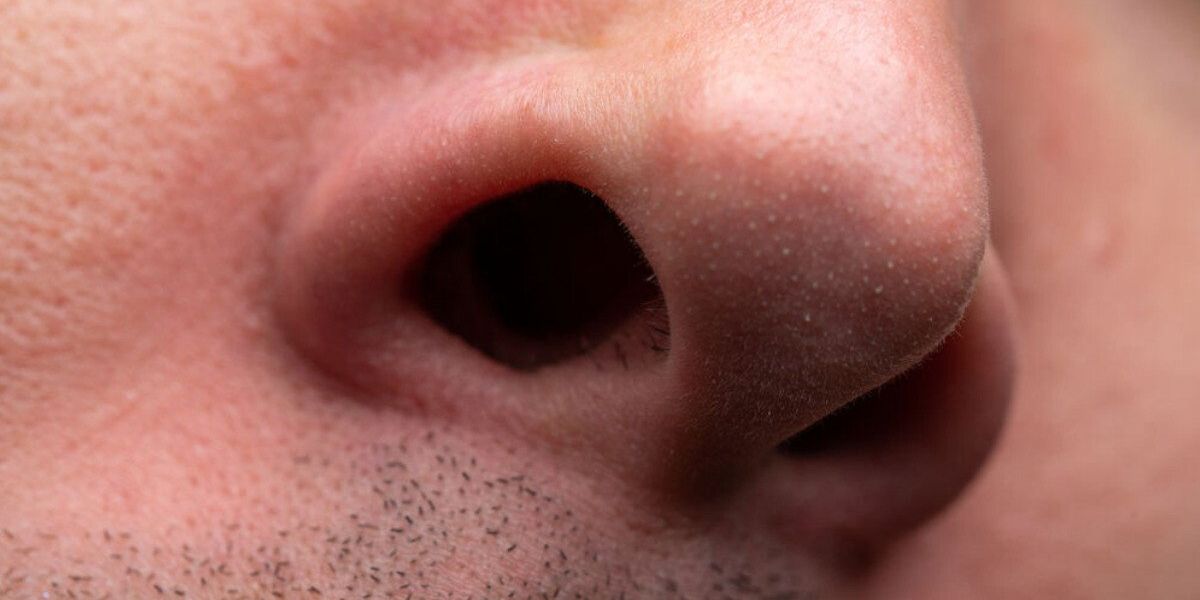
A man living in Florida died after getting infected with a brain-eating amoeba while rinsing his nose using tap water in the area of Charlotte County.
The case was reported by the Florida Department of Health in Charlotte County (DOH-Charlotte) on February 23. According to the press release, an infection of Naegleria fowleri originates from a microscopic amoeba, and it’s very rare.
"Infection with Naegleria fowleri is rare and can only happen when water contaminated with amoeba enters the body through the nose. You cannot be infected by drinking tap water," the release reads.
The Centers for Disease Control and Prevention (CDC) confirmed to local Southwest Florida station Fox 4 that the patient had died on February 20 after rinsing his sinuses on a daily basis with unboiled tap water.
Here’s what we know about this deadly amoeba, according to the DOH-Charlotte and the CDC.
What can people do to avoid a brain-eating amoeba infection?
The DOH-Charlotte released the following instructions to prevent a Naegleria fowleri infection:
- When making sinus rinse solutions, use distilled or sterile water. Tap water should be boiled for at least one minute and cooled before doing the procedure.
- Don’t allow tap water to go up your nose or sniff it when you’re showering, bathing, washing your face, or swimming.
- Don’t jump into or put your head under bathing water. Walk or lower yourself in.
- Don’t allow children to play unsupervised with hoses or sprinklers. Avoid slip-n-slides or any other activities where it’s difficult to prevent water from going up the nose.
- Clean, scrub, and empty hard plastic or blow-up pools and let them dry after using.
- Keep your swimming pool disinfected before and during use.
What are the signs of a brain-eating amoeba infection?
According to the DOH-Charlotte, if you experience any of the following symptoms after swimming in lakes, rivers or after a nasal water exposure, you are urged to seek medical assistance immediately:
- Headache
- Fever
- Nausea
- Disorientation
- Vomiting
- Stiff neck
- Seizures
- Loss of balance
- Hallucinations
How common is an infection by a brain-eating amoeba?
The CDC states that Naegleria fowleri infections are rare. Between zero to five cases were diagnosed annually from 2012 to 2021.
Additionally, the CDC says that most of these infections happen in young males, especially 14 and younger. They state that the reasons for this aren't clear, but posit that it might be because this demographic is more likely to participate in the discouraged activities mentioned above.
What is the cause of death of a brain-eating amoeba?
"The infection destroys brain tissue, causing brain swelling and death," according to CDC data.
A Florida Man Died From A Brain-Eating Amoeba After Rinsing His Nose & Here's What We Know - Narcity Canada
Read More

No comments:
Post a Comment